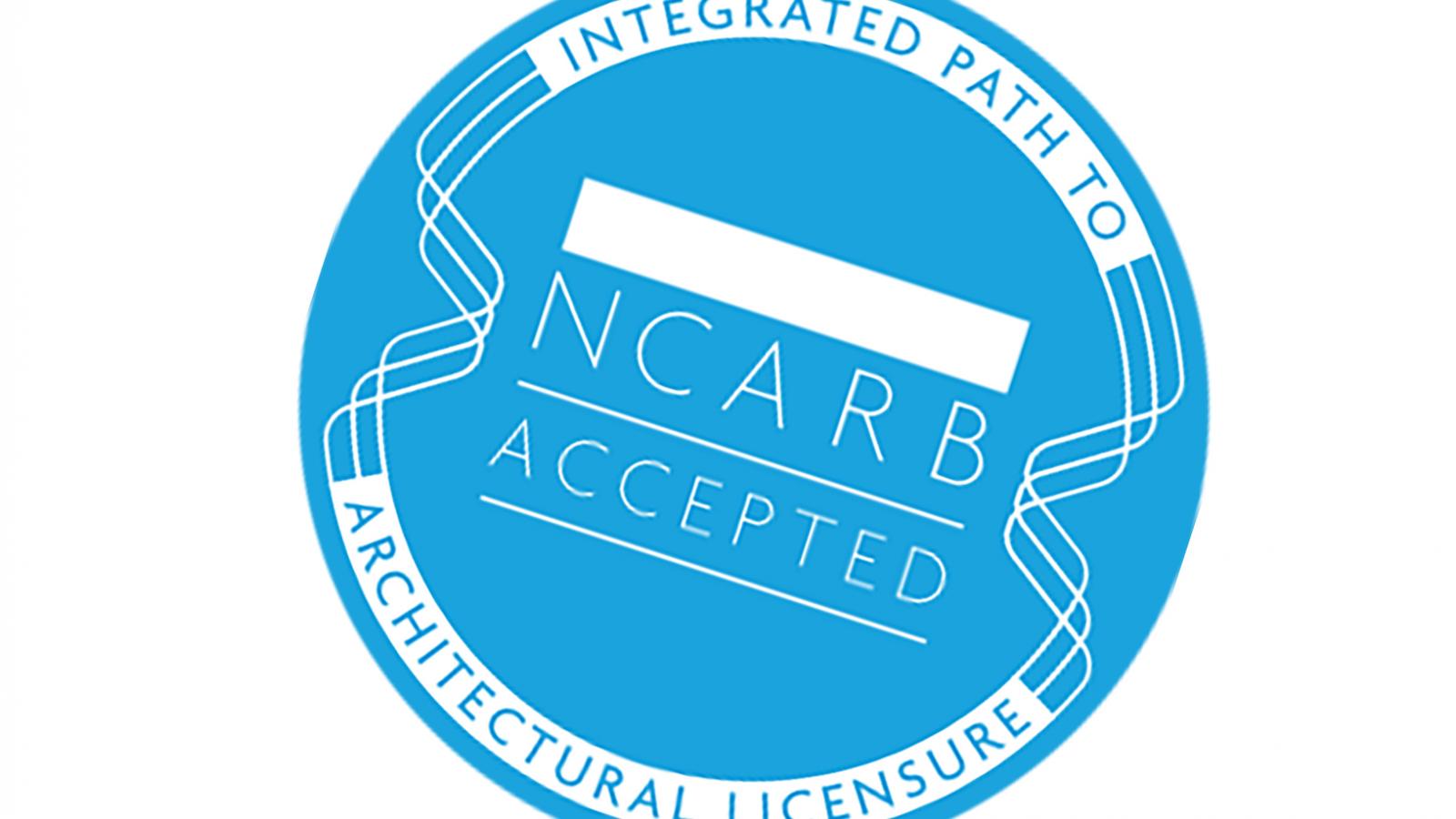The National Council of Architecture Registration Boards (NCARB) has accepted the University of Maryland’s architecture program into the Integrated Path to Architectural Licensure (IPAL) initiative. By blending experience and examination into the curricula, the initiative will provide students with the opportunity to compete licensure requirements while earning a degree, forging an accelerated path to professional practice.
“This is an important step for our program because it provides our students a clear path toward licensure, while combining the best attributes of our undergraduate and graduate programs,” said Brian Kelly, Director of UMD’s architecture program. “Through this initiative, we will further our commitment of creating leaders in the next generation of architects.”
IPAL was developed by NCARB’s Licensure Task force, a team of licensing board members, industry leaders, recently licensed and candidate architects, as well as educators, including UMD’s Dean of Architecture, Planning and Preservation, David Cronrath. The initiative has the capacity to greatly reduce the amount of time for young architects to gain licensure, which can often take years after graduation to achieve. Under the new initiative, UMD’s architecture program will incorporate NCARB’s Intern Development Program (IDP), an essential tool for gaining experience in the practice, into undergraduate and graduate curriculum requirements. The initiative also offers students the opportunity to take all six parts of the Architect Registration Examination (ARE) while still in school. The university joins 17 other accredited programs in the IPAL program.
“The profession is faced with the critical challenge of replacing the Baby Boomer generation of professionals, who are now entering retirement,” said Cronrath. “This is a critical way to increase the flow of licensed architects into the practice. We are very pleased to be a part of this process.”
To learn more about the initiative, visit www.ncarb.org/IPAL.

